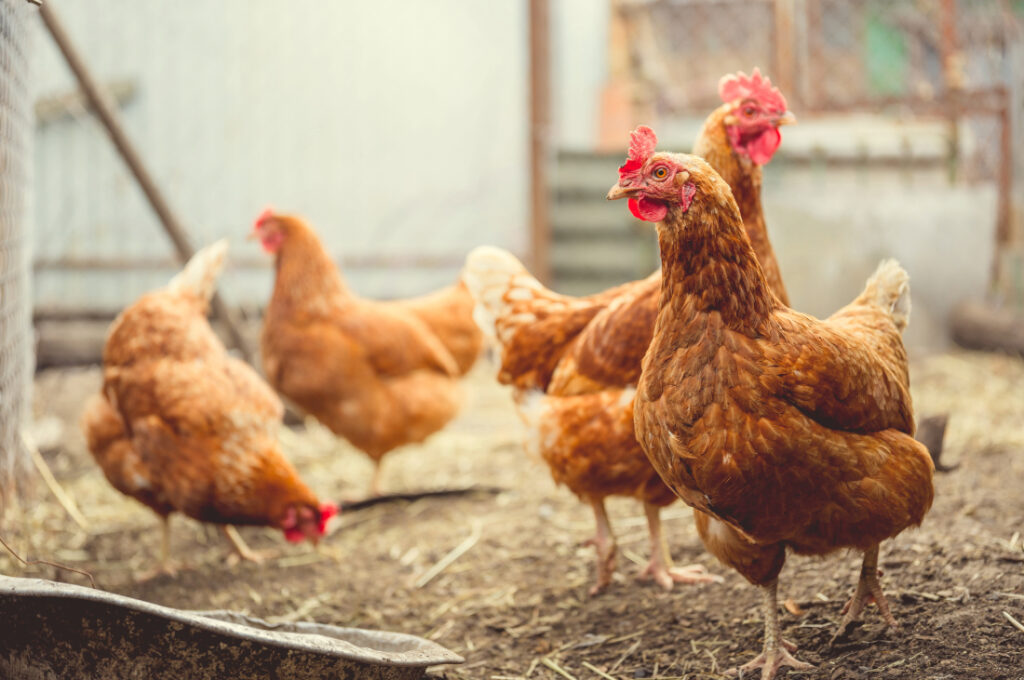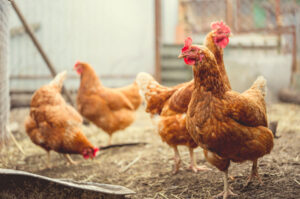Dear AMC Clients,
As you may already be aware, highly pathogenic avian influenza (HPAI) has been reported in Colorado and was most recently reported in Pitkin County. Though all birds could be susceptible to this virus, it tends to be mostly spread by waterfowl (ducks), shorebirds, and seabirds, as they will often spread the infection without being sick from it. It is most likely to affect chickens, who become very ill with it. The virus is shed in feces and respiratory secretions of infected birds so indoor birds (parrots) will not be exposed to the virus.
This email is mostly for our clients with backyard chickens. It is critical that you should increase your biosecurity measures at this time. Keep your flock CLOSED, which means do not allow any new birds into your flock. Do not allow interaction between your chickens and wild birds. Keep chicken feed away from wild birds and remove bird feeders, to discourage wild birds from coming near your flock.
Signs of HPAI can include:
- Sudden death without clinical signs;
- Lack of energy and appetite;
- Decreased egg production or soft-shelled or misshapen eggs;
- Swelling of head, comb, eyelid, wattles, and hocks;
- Purple discoloration of wattles, comb, and legs;
- Nasal discharge, coughing, and sneezing;
- Incoordination; or
- Diarrhea.
After speaking with our exotic veterinarian, we will let you know how we can accommodate your chicken for further care. We are doing this to limit the chances that a chicken with HPAI is in the hospital at the same time as any other birds, and is seen in a special exam room that other birds do not go in. We will likely not be able to accommodate any sick chickens with drop-off appointments. We apologize for the inconvenience, as this may cause a delay in scheduling your chicken for an appointment.
Sincerely,
The AMC Vet Team





